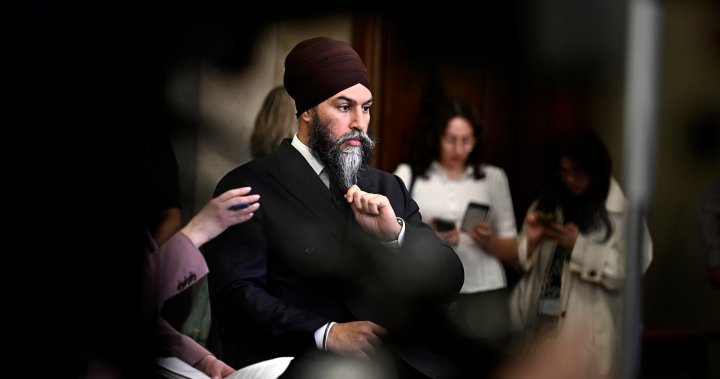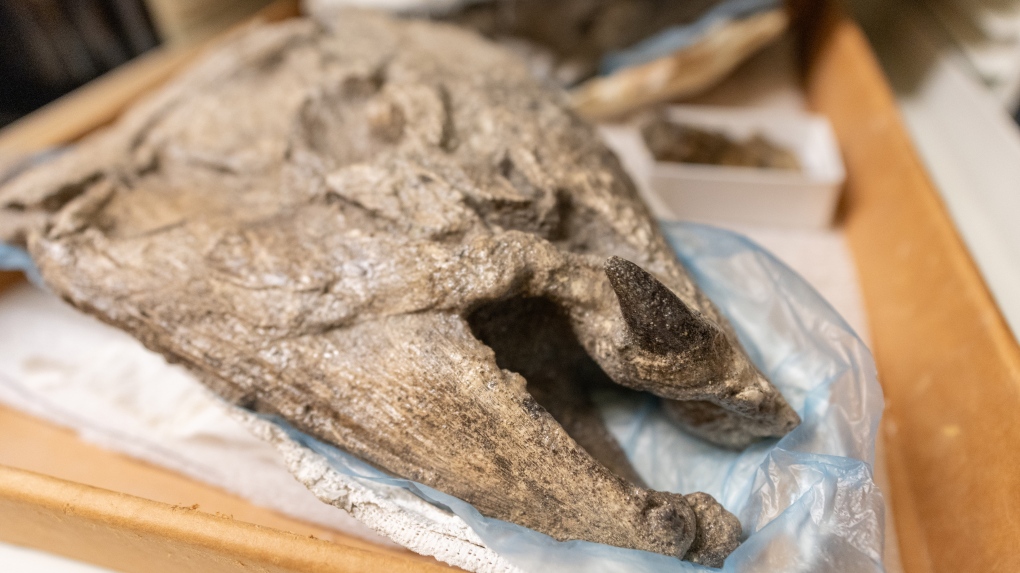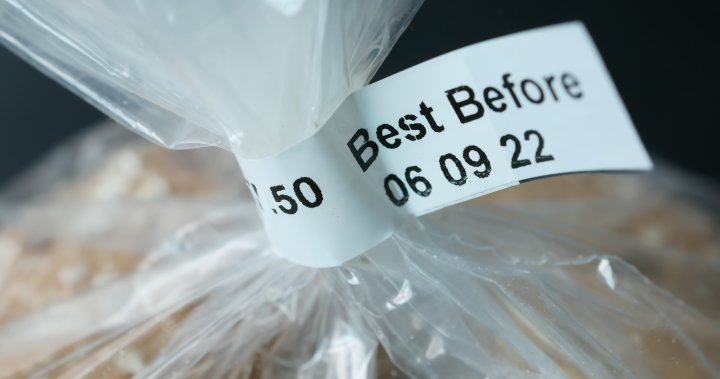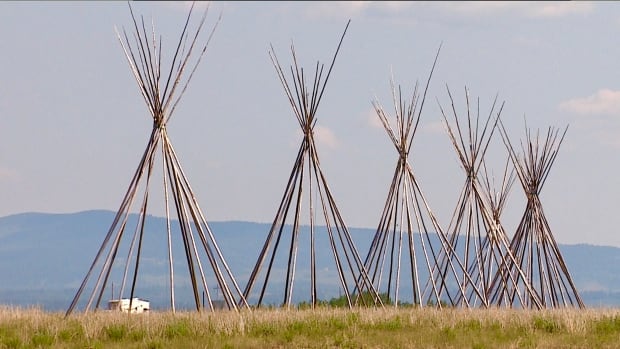Some Indigenous leaders are hopeful the Alberta government will act on a recent recommendation from the Allan report to create elders wisdom panels, which could be involved whenever a major natural resources project is proposed in the province.
The intent of the panels would to bridge the divide that often exists between Indigenous communities, government officials and industry, when projects like pipelines and transmission lines are proposed.
The panels are one of the recommendations of the recent inquiry by commissioner Steve Allan, a long-delayed and controversial report into alleged anti-Alberta energy campaigns. While the report’s conclusions about the role foreign money played in cancelling resource projects were largely inconclusive and found no illegal behaviour, some Indigenous leaders don’t want the specific recommendation about elder-led projects to be forgotten.
“There is a need for meaningful and open dialogue to allow First Nations communities to explore economic development opportunities for their people, while balancing their strong commitments and history of protecting the land and the environment,” Allan wrote in the report about the panels.
Some Indigenous leaders are calling on Premier Jason Kenney to pass a motion to accept the recommendation in the Legislature and have Energy Minister Sonya Savage create and mandate for elders panels.
“Reconciliation begins when Indigenous people grow their own economies for financial security and stability and have meaningful participation in the greater Canadian and international marketplace,” said Chief Randy Ermineskin of the Ermineskin Cree Nation in central Alberta, in a statement.
The knowledge of local Indigenous communities should be vital information for government and industry, said former Grand Chief Wilton J. Littlechild, one of the Commissioners of the Truth and Reconciliation Commission of Canada.
“Being there, as frontline people that live in those territories, we have the best knowledge of how to protect those areas,” he said.
“We know fairly well, what used to be there, what’s there now, what were the changes that have happened, and how potentially could development happen there.”

Some projects have faced delays and court challenges because of a lack of meaningful dialogue with Indigenous groups.
“A lot of corporations who are looking at resource projects have watched government expectations around the regulatory process and evaluation of projects escalate steadily over time,” said Ken Coates, a professor of public policy at the University of Saskatchewan who studies Indigenous rights.
“The elder panel idea is one where you can get well-organised, thoughtful, careful, knowledge-based Indigenous leaders to sort of play an active role in the process and that’s got to be good for everybody,” he said.
Among those backing the creation of elders panels is the Indian Resource Council and the chief of the Bearspaw First Nation, west of Calgary.
While the inquiry focused on the foreign funding of opposition to oilpatch development, some hope more attention is paid to this particular recommendation.
“Elders Wisdom Panels will help bridge the opportunity gaps and build the structural conditions for economic and social sustainability among all Canadians,” said Mac Van Wielingen, founder of ARC Financial and incoming chair of the Business Council of Alberta, in a statement.
The inquiry cost taxpayers $3.5 million. Allan has said he would not be commenting on his report due to legal restrictions placed on commissioners after they deliver a report.
“Indigenous consultation and participation is foundational to developing energy resources and land management. Alberta Energy will consider future opportunities to continue to engage Indigenous communities on energy-sector related matters,” said Alberta energy spokeswoman Jennifer Henshaw, in an e-mailed statement.
The provincial government already has an Indigenous wisdom advisory panel to provide knowledge for environmental monitoring efforts.







More Stories
More financial institutes are offering crypto-services, survey shows – National | Globalnews.ca
Former SNC-Lavalin executive sentenced to prison term in Montreal bridge bribery case | CBC News
Interest rate cuts likely to be ‘gradual’ amid inflation risks: Bank of Canada – National | Globalnews.ca